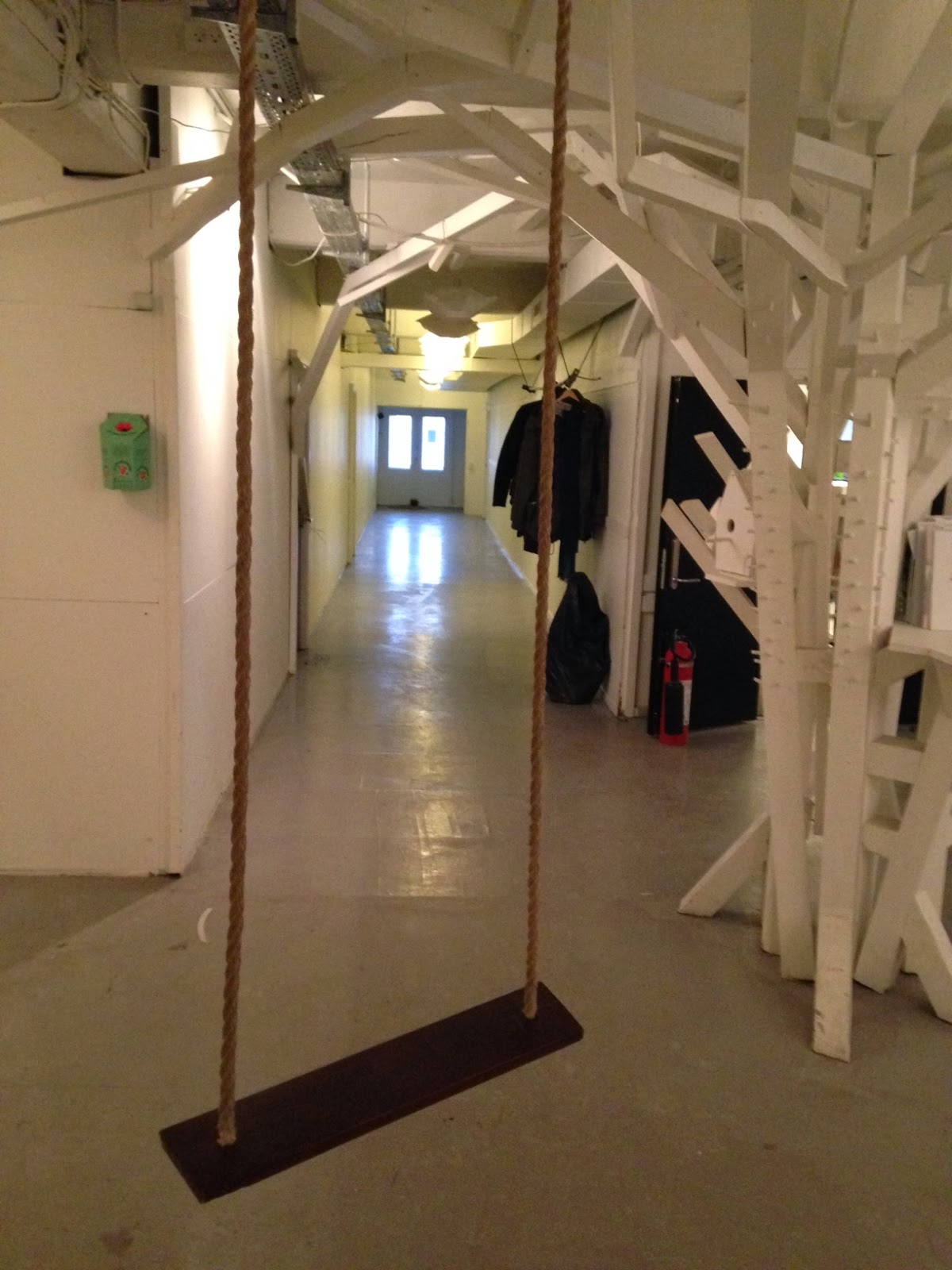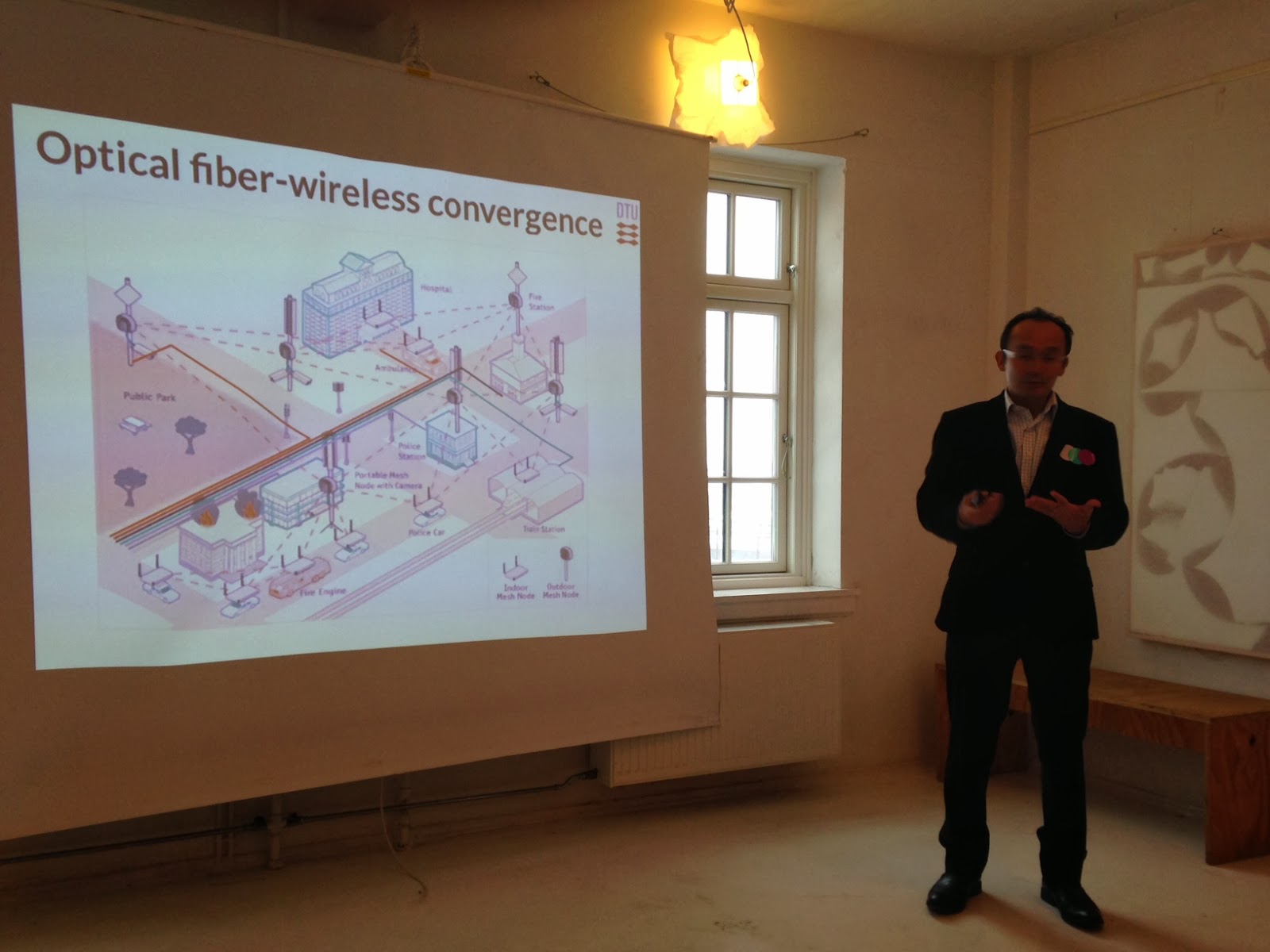Tech4Rural, box thinking & reflections on innovative ideas meeting development challenges
Thanks to Jacob’s and Jonas’ invitation I participated in a very interesting and in many ways insightful event in Copenhagen yesterday, organized by colleagues from the Technical University of Denmark, DTU.
This was a modest event aiming at bringing together technological knowledge, entrepreneurial ideas and development expertise.
As an Örecomm member and project member of the GoComm project where our combined development, communication and media expertise will meet the real world outside academia in the Öresund region, we will be involved in more of these event in the future. Together with my colleagues Lene and Jacob we will be talking more about the project in our forthcoming talk at the Social Media Week in Copenhagen.
As an academic participant-observer I got some very interesting first insights into some of the broader challenges when innovation, technological ideas, business cases and ‘development’ meet.
Given the audience of primarily younger students, academics and entrepreneurs it may not be that surprising that there was little historical and ‘formal’ development knowledge, especially with regard to aid organizations, donors, NGOs etc. I think that it is important to know the development industry as much as the private sector. In a health project-related group there were ideas of incorporating pharmaceutical companies or equipment manufactures, but no mentioning of GAVI, Gates Foundation or the WHO, for example.
This is important as surprisingly many ideas quickly moved into a not-for-profit or social enterprise niche with some participants strongly arguing for open technology that would challenge governments, regulators, multinational companies & thriving start-up companies. As much as I agree with this focus, it is a reminder that you cannot ignore the local and global socio-economic, political and bureaucratic imperatives around ‘social change’-and technology is not the only or best answer to some of these political questions.
It was mixed group, but quite a few ideas polarized around the ‘expert’ (someone with high levels of technical expertise and on the ground experience) and the ‘traveler’ (‘I went to XY recently and could not believe that Z was not working there’) ends of the spectrum. One participant mentioned ‘frugal innovations’, innovations that build on technological advances, but also existing infrastructure etc. For some participants who are working at the forefront of technology it was sometimes hard to focus on existing, often analogue, concepts and solutions.
 The space was dominated by ‘academic’ thinking, discussions and behavior which can easily happen, but which also stifles innovation or at least innovative discussions (that clearly includes self-reflective blogging academics like the author…). The answer is not necessarily the 60 second pitch, but maybe a way of incorporating ‘beneficiaries’, Southern colleagues from similar enterprises and people who are at the ‘frontline’ and know local conditions.
The space was dominated by ‘academic’ thinking, discussions and behavior which can easily happen, but which also stifles innovation or at least innovative discussions (that clearly includes self-reflective blogging academics like the author…). The answer is not necessarily the 60 second pitch, but maybe a way of incorporating ‘beneficiaries’, Southern colleagues from similar enterprises and people who are at the ‘frontline’ and know local conditions.What did I learn? I learned among many other ideas about TV White Space technology as an emerging idea for rural Internet
access, plus I really think such events are a great space for networking and thinking about your own work and mindsets to create a ‘better’ space and idea next time different groups harness their complementary knowledge and skills.




Comments
Post a Comment